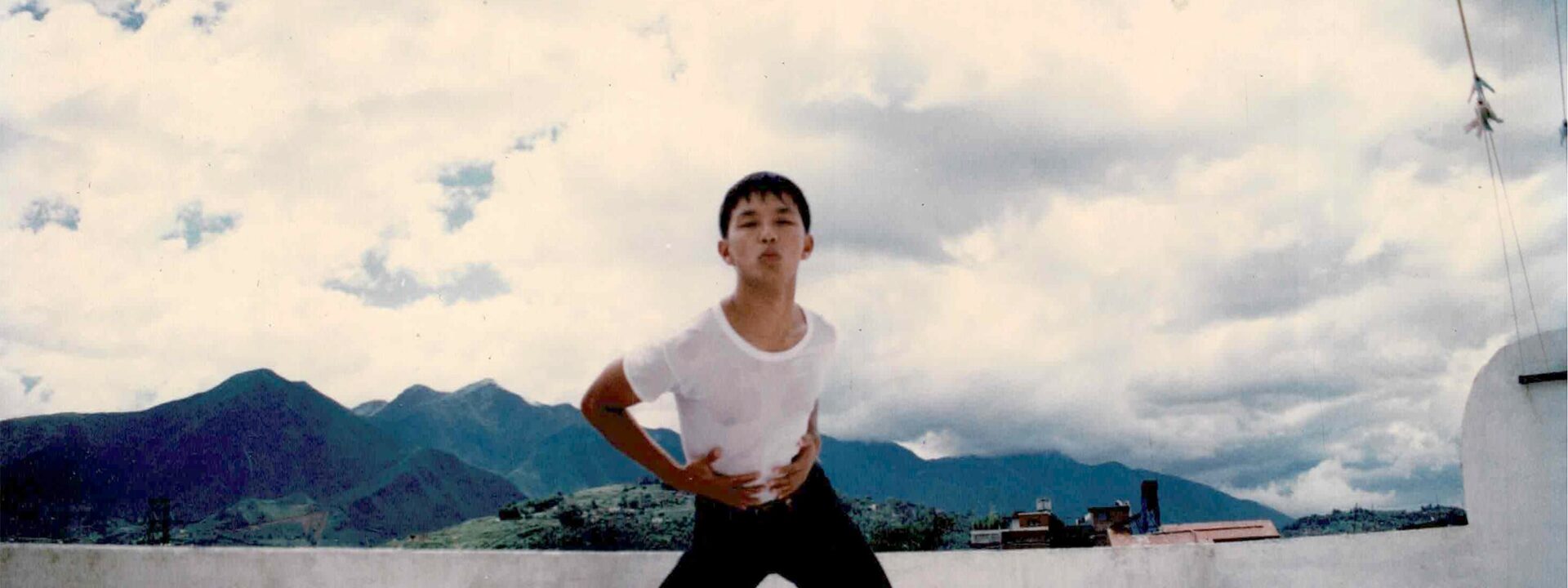Early in his New York career, designer Prabal Gurung made a list of his dreams: “Start a brand. Get into stores. Dress Oprah, Michelle Obama, and Gloria Steinem. Appear in Vogue. Apply for the CFDA/Vogue Fashion Fund. Win the CFDA/Vogue Fashion Fund. Attend the Met Gala. Become Chanel’s creative director. Start a foundation.”
DIVE RIGHT IN
Gurung, photographed poolside in Kathmandu, is known for his vibrant designs inspired by his South Asian heritage, as well as his activism and philanthropy. He’s checked off nearly everything on that list (though Chanel might have to wait a little longer). His new memoir, Walk Like a Girl—a defiant nod to the taunts he faced growing up in Kathmandu and later in New Delhi—tells his story: from immigrating to America to navigating its culture, politics, and his own complex past. The book balances optimism and empathy, even toward those who wronged him, without glossing over the tough moments. “I’ve always believed in having difficult conversations,” Gurung says, “but doing so with grace.”
HOLDING PATTERN
A childhood photo shows Gurung with his mother, Durga Rana, sister Kumudini, and brother Pravesh in Singapore. “I was the baby,” he recalls. “They called me Mother’s Tail because I never left her side.”
People often tell Gurung his success looks effortless. “But that’s only because I don’t go around saying how hard it is,” he admits. “I put on a brave face—that’s how I was raised. But I started wondering: Am I fooling people? Shouldn’t I just talk about it?”
Walk Like a Girl (publishing in May by Viking) pulls no punches about the realities of being an independent designer. After launching his label in 2009, Gurung once dug himself out of a million-dollar debt. Writing the book over seven years, he held nothing back—including the sexual abuse he endured at age 11 in Nepal. “I couldn’t let myself be defined by it,” he says. “I owed it to that little boy who survived it all.”
HALF THE WORLD AWAY
Another family photo, this time in Nepal, shows Gurung (in stripes) with his mother and siblings. His family only learned about the abuse when he finished the book. “I cried and cried,” he says. Throughout his life, they’ve been his anchor—his older siblings understood him before he understood himself, and his mother, who single-handedly raised them while running a business, remains his guiding light.
WAITING GAME
A photo taken by his brother Pravesh (now a filmmaker in Mumbai) captures Gurung months before he left for the U.S. “It’s all there: excitement, fear, vulnerability,” he says.
Writing the memoir also made Gurung reflect on the fashion community’s support. “People think this industry is shallow, but friendship and loyalty are why I’m still here,” he says. “We root for each other—that story isn’t told enough. You need people who believe in your dreams.”
